STD Diagnosis & Treatment in Korea
Yezak Urology

STD Diagnosis & Treatment in Korea
Infection through oral sex with a person infected with an STD or through contaminated needles
Many people believe that sexually transmitted diseases (STDs) are spread only through sexual intercourse or contact with the genitals. However, STDs can also be transmitted through oral sex, kissing, or genital contact with an infected person. Some infections can even spread through breastfeeding, blood transfusions, or contaminated needles. There are more than 30 types of STDs, and some have long incubation periods or show no noticeable symptoms. Therefore, if you have had sexual contact with someone you don’t know well, it is highly recommended to get an STD test at a urology clinic.

Various Types of Sexually Transmitted Diseases
How to Prevent Sexually Transmitted Diseases
To prevent sexually transmitted diseases (STDs), it is essential to maintain a clean and hygienic environment and conditions during sexual activity. Always remember that oral or anal sex can also cause the transmission of STDs. Whenever possible, sexual activity should take place in a clean and hygienic state. Sexual relations carried out with proper hygiene can contribute to a happy and healthy life, but unsanitary sexual practices can leave lasting harm to both partners — so caution is important.
Symptoms of Sexually Transmitted Diseases
- Mild fever or flu-like symptoms
- Rash on the skin and hair loss
- White patches and ulcers in the mouth
- Blisters or warts spreading to the anus
- No symptoms at all
There are many different types
Types of sexually transmitted diseases
Some sexually transmitted diseases (STDs) may show no symptoms at all. For STDs that do present symptoms, you may experience mild fever or flu-like feelings. Rashes may appear on the skin, and hair loss can also occur. White patches or ulcers may develop in the mouth, and blisters or warts can form on the body, sometimes spreading to the anus. If any of these symptoms appear without a clear reason, it is important to visit a clinic and get tested for STDs.
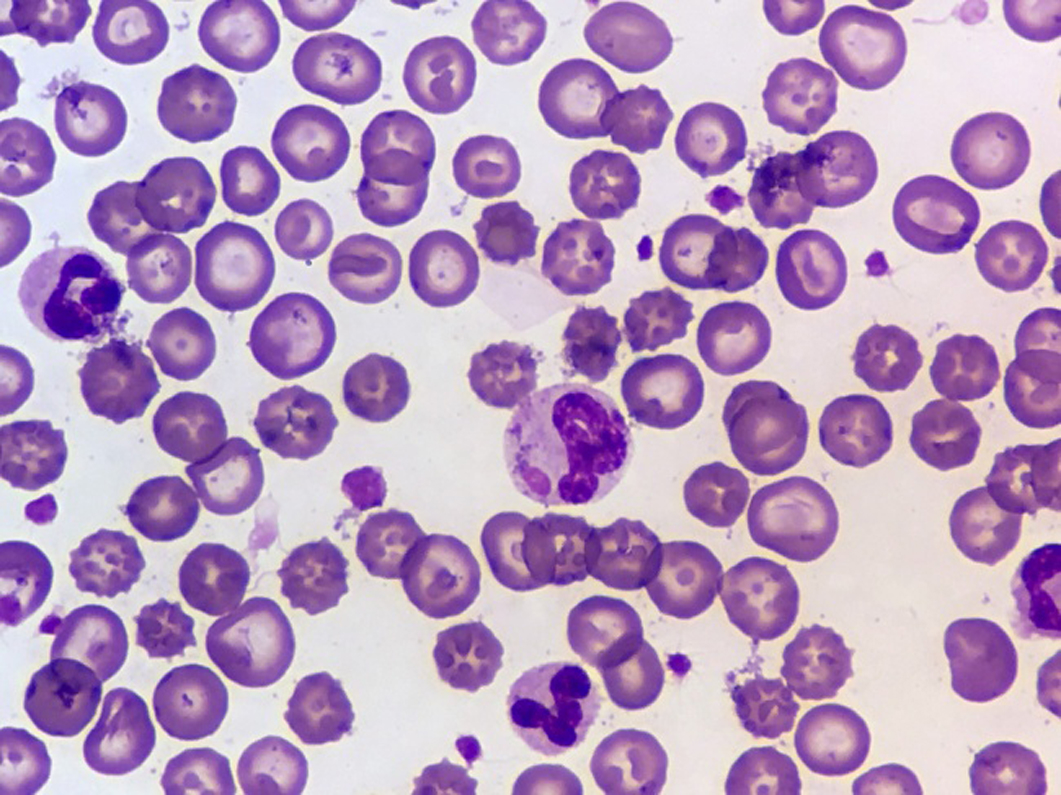
Chlamydia
Chlamydia is a common sexually transmitted disease, affecting about 1 in 10 young women. However, chlamydia can cause severe fallopian tube damage and infertility, making it a dangerous STD if left untreated. It is important to receive treatment, and because its symptoms are often mild, regular testing is recommended.
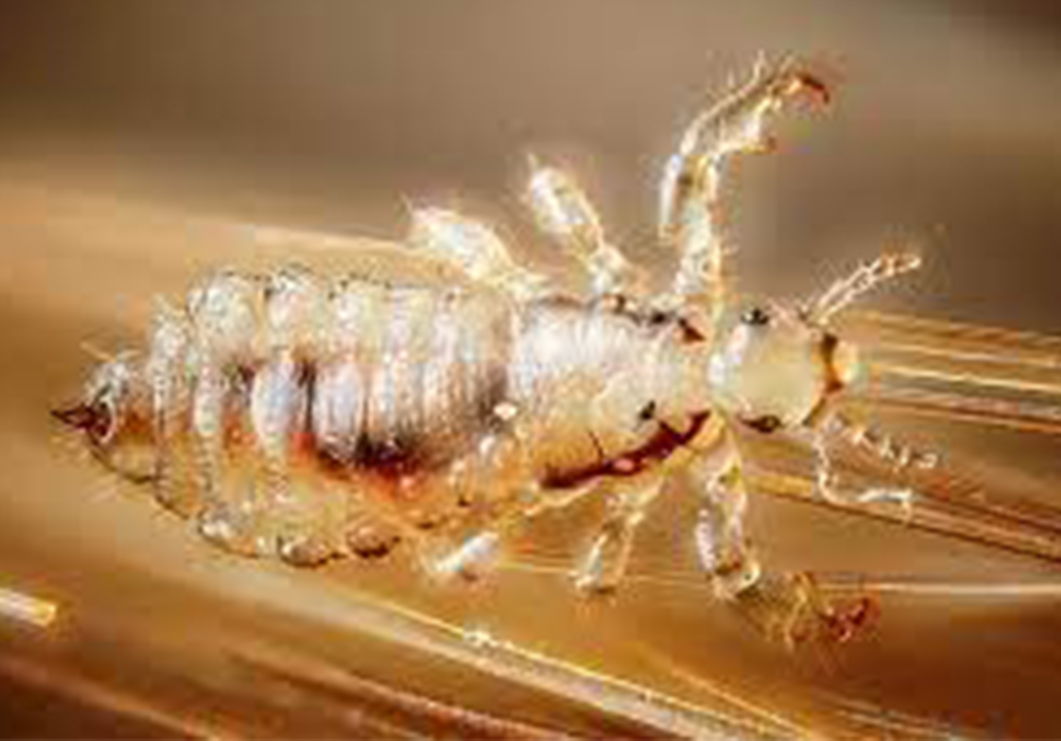
Pubic Lice
Pubic lice are parasites that live in the pubic hair. Most patients who visit the clinic with severe itching in the pubic area are diagnosed with pubic lice. Pubic lice can be transmitted even without sexual contact, and they can be effectively treated with topical medication.
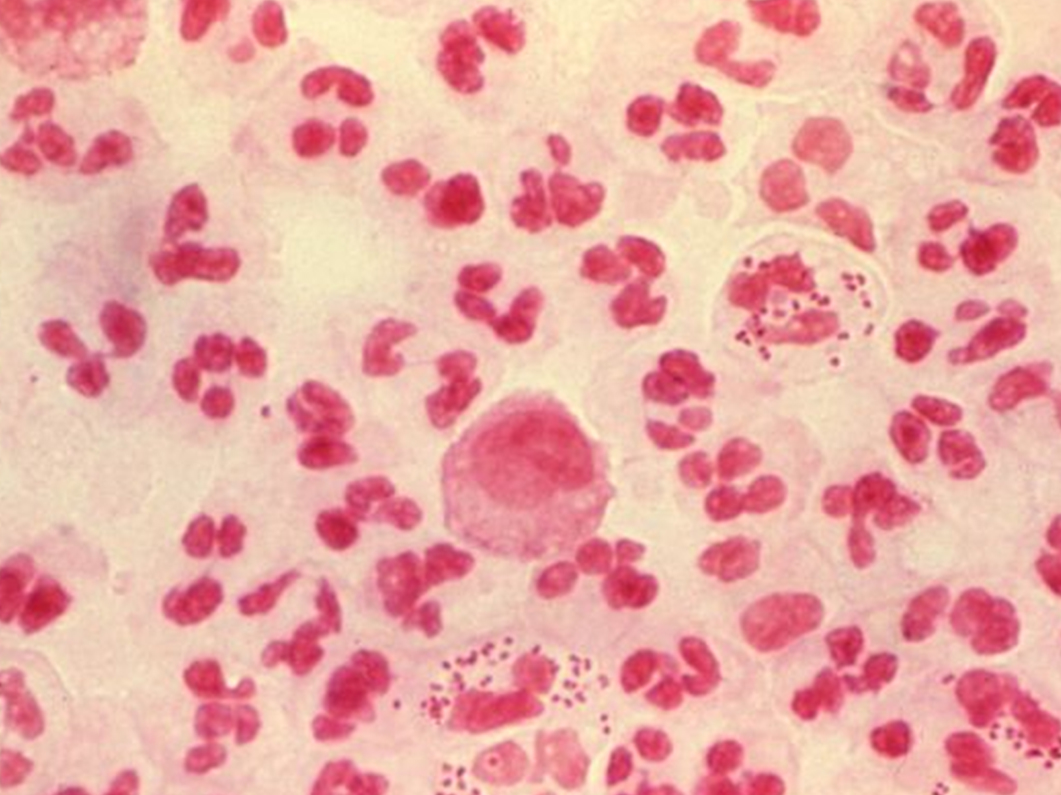
Gonorrhea
If detected early, gonorrhea can be completely cured with treatment. In women, the symptoms are often mild, so many only realize they are infected through a partner. If left untreated, gonorrhea can lead to serious complications such as pelvic inflammatory disease or infertility, so it is important to take medication and receive proper treatment.
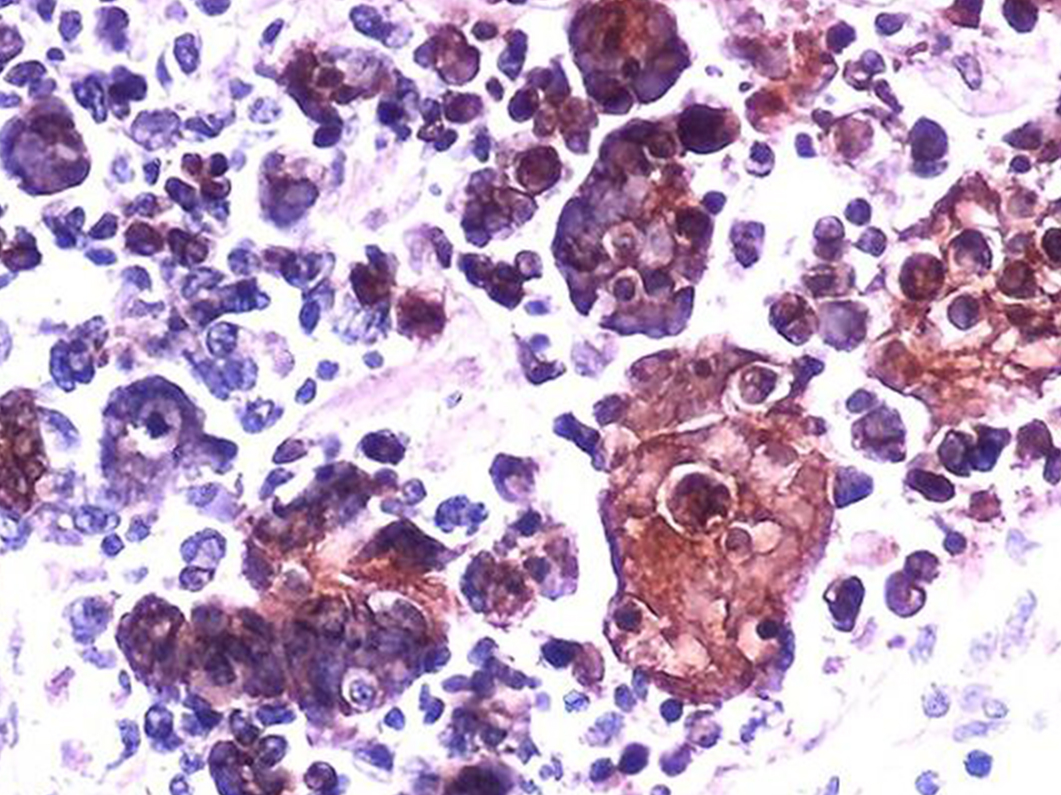
Herpes
Herpes is a contagious disease caused by a virus. While it can be uncomfortable, it is not considered a life-threatening virus. However, it can cause serious complications for newborns or fetuses, so testing is essential before marriage. Herpes cannot be completely cured, but medication can help relieve the symptoms.
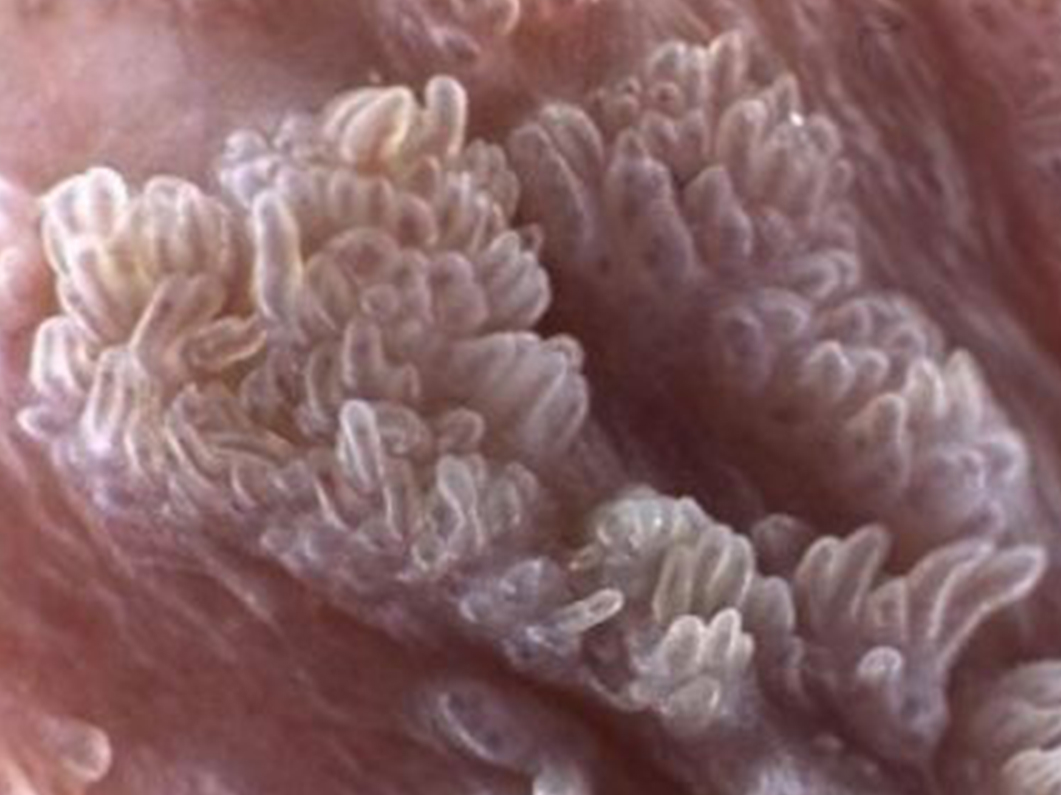
Genital Warts
Genital warts are virus-induced warts that appear around the genitals or anus, often spreading in a cauliflower-like shape. Among viral sexually transmitted diseases, genital warts are one of the most treatable STDs. If genital warts occur, the partner’s genitals should also be examined, and sexual contact should be avoided until both parties have completed treatment.
Dedicated consultation and medical staff assigned before and after surgery
YEZAK VIP Personalized Care System
The Yezak Sutureless Dermabond was created after extensive research to solve the problems of patients having to revisit the surgery and the inconvenience of not being able to shower.
Because each team at Yezak Hospital has its own system, patients can receive high-quality and highly satisfactory medical services.
The science behind us:
3D Scanning
In the past, male surgeries were often performed in an unstructured, rule-of-thumb manner. With 3D scanning equipment and a medical team rich in knowledge and experience, we can now achieve far better surgical outcomes.
The final stage of male surgery lies in the realm of aesthetics—delicately shaping and sculpting for a natural and refined result. Using precise measurements and advanced technology, Yezak designs and performs each procedure tailored to the individual patient.
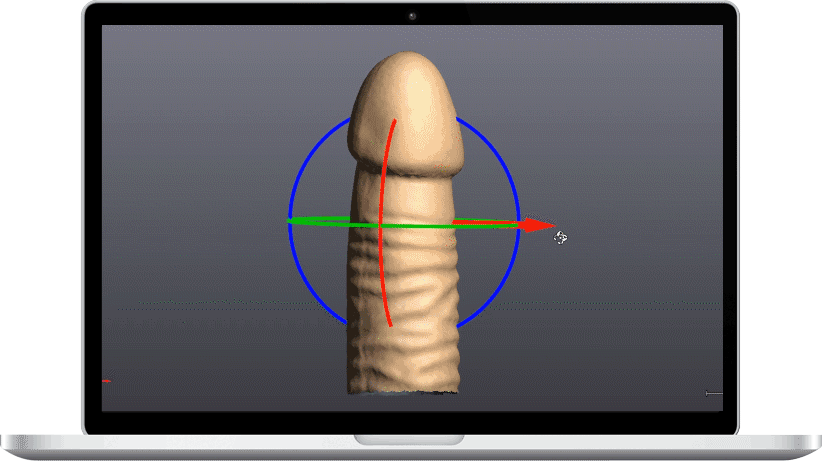
Frequently Asked Questions
How are sexually transmitted diseases (STDs) transmitted?
STDs can be transmitted through various means, including sexual intercourse, oral sex, kissing, and genital contact with an infected person. Additionally, some infections can spread through breastfeeding, blood transfusions, or contaminated needles.
What are common symptoms of sexually transmitted diseases?
Common symptoms of STDs include mild fever or flu-like symptoms, skin rashes, hair loss, white patches or ulcers in the mouth, and blisters or warts that may spread to the anus. However, some STDs may present no noticeable symptoms at all.
How can sexually transmitted diseases be prevented?
To prevent STDs, it is essential to maintain a clean and hygienic environment during sexual activity. Remember that oral or anal sex can also transmit STDs. Engaging in sexual relations with proper hygiene contributes to a healthy life, while unsanitary practices can cause lasting harm.
What is chlamydia, and why is it important to get tested?
Chlamydia is a common sexually transmitted disease that can cause severe fallopian tube damage and infertility if left untreated. Its symptoms are often mild, so regular testing is recommended to ensure early detection and treatment.
What are pubic lice, and how are they treated?
Pubic lice are parasites that live in the pubic hair, causing severe itching in the affected area. They can be transmitted even without sexual contact and are effectively treated with topical medication.
What is gonorrhea, and what are the risks if left untreated?
Gonorrhea is a sexually transmitted disease that can be completely cured if detected early. In women, symptoms are often mild, so many only realize they are infected through a partner. If left untreated, gonorrhea can lead to serious complications such as pelvic inflammatory disease or infertility.
What is herpes, and can it be cured?
Herpes is a contagious disease caused by a virus. While it can be uncomfortable, it is not considered life-threatening. However, it can cause serious complications for newborns or fetuses, so testing is essential before marriage. Herpes cannot be completely cured, but medication can help relieve the symptoms.
What are genital warts, and how are they treated?
Genital warts are virus-induced warts that appear around the genitals or anus, often spreading in a cauliflower-like shape. Among viral sexually transmitted diseases, genital warts are one of the most treatable STDs. If genital warts occur, the partner’s genitals should also be examined.
